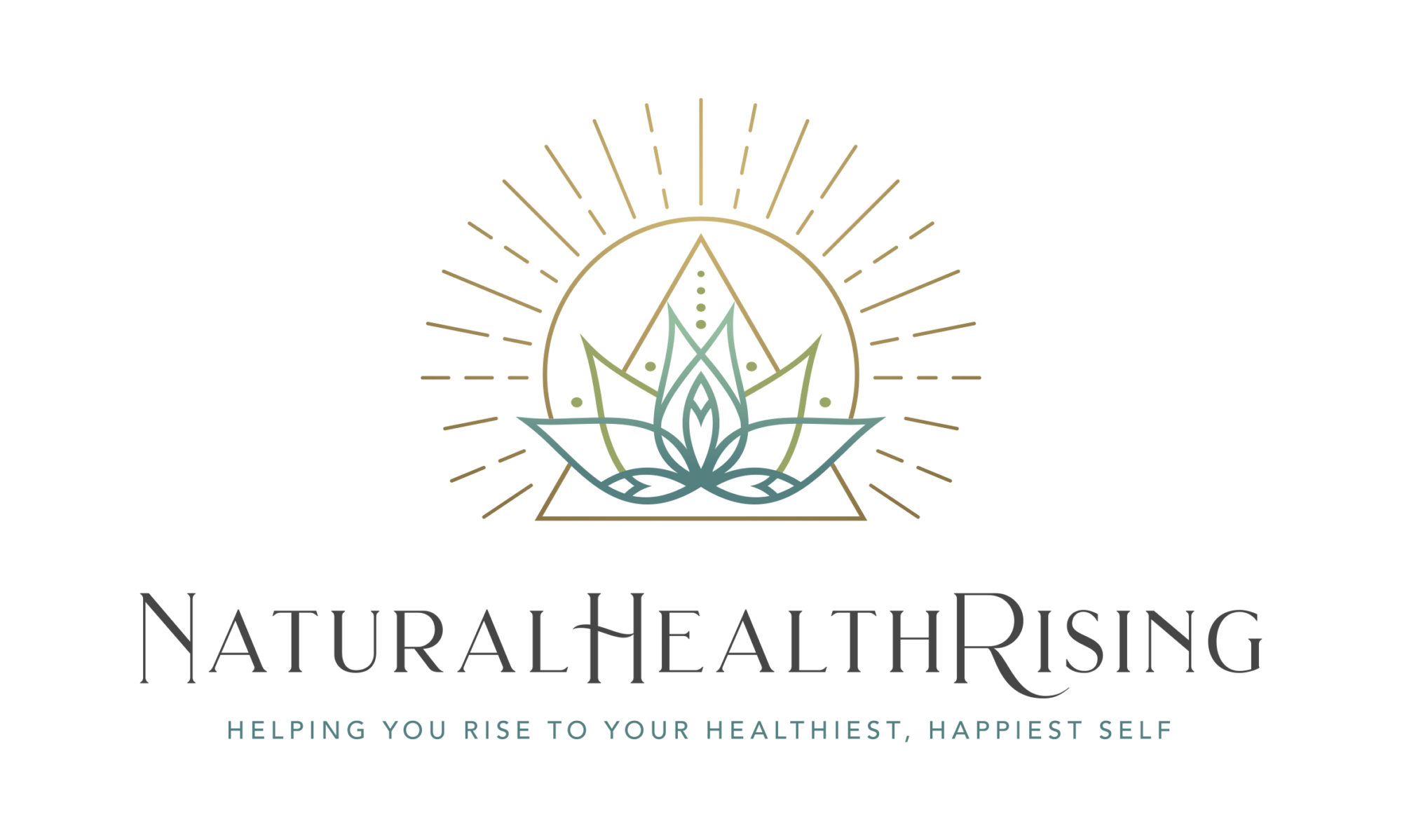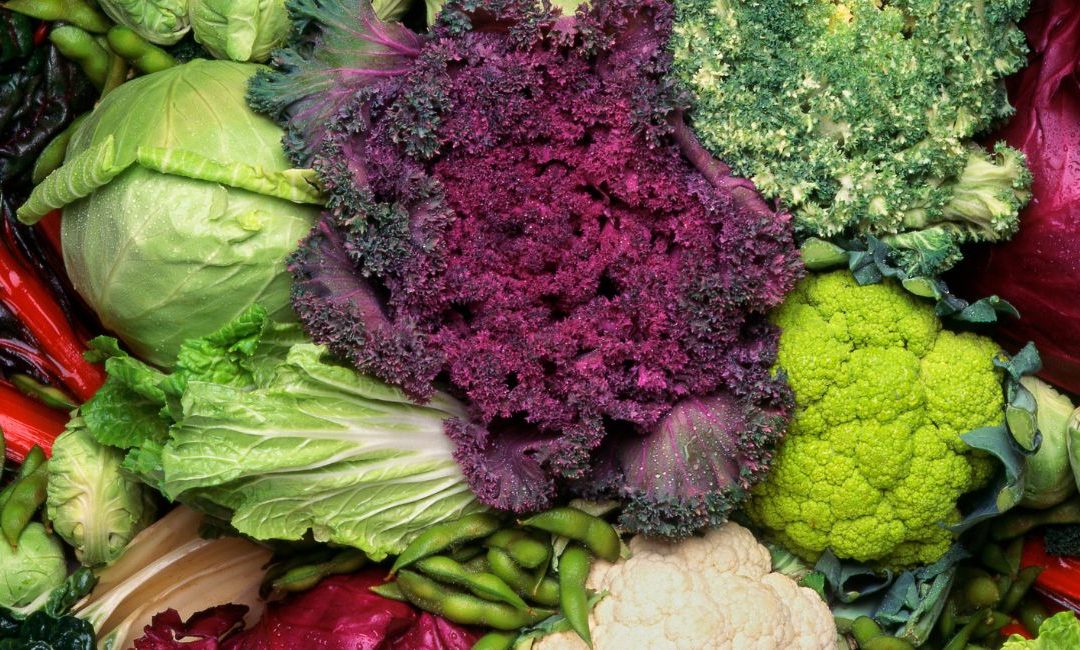Do Cruciferous Vegetables Really Harm The Thyroid?
I bet you’ve heard this before…. “Don’t eat broccoli, cabbage, Brussel sprouts, or other cruciferous vegetables because they are goitrogens and can harm the thyroid.” This statement is actually a MYTH. As a matter of fact, avoiding cruciferous vegetables will only make you lose out on a wide range of benefits. These benefits range from cancer prevention to hormone balance. These vegetables even increase detoxification in the liver. This is very important for those who have an autoimmune disease or issues with detoxification pathways. Above all, these vegetables are some of the most nutrient-dense types of foods you can consume for optimal health. Unfortunately, they have gotten a bad label put on them due to outdated and misconstrued information.
What Is a Cruciferous Vegetable?
Cruciferous vegetables include the following:
- Arugula
- Broccoli
- Brussels sprouts
- Bok choy
- Broccoli romanesco
- Cabbage
- Cauliflower
- Chinese broccoli
- Chinese cabbage
- Daikon
- Garden cress
- Horseradish
- Kale
- Kohlrabi
- Komatsuna
- Land cress
- Radishes
- Turnips
- Wasabi
- Watercress
What Are Goitrogens?
This class of vegetables is also considered goitrogens. The term goitrogen refers to any substance that can interfere with thyroid function. The consumption of goitrogenic compounds blocks the uptake of iodine. In turn, this then suppresses thyroid hormone release. Iodine is a necessary mineral for the thyroid to function. So, when this hormone pathway disruption occurs, the thyroid gland will enlarge. This is because the gland tries to compensate for the lack of function. Finally, a goiter, in other words, an enlarged thyroid gland, may form. What’s more, there are other goitrogenic foods. Yet, they are not all equal and some may disrupt thyroid function.
Why Don’t Cruciferous Vegetables Harm The Thyroid Like Other Goitrogens Do?
Cruciferous vegetables contain glucosinolates that have the potential to suppress iodine absorption. “Cooking [cruciferous vegetables] destroys the enzyme responsible for activation of progoitrin to goitrin, thus negating its anti-thyroidal potency.” [1] Overall, we know that a very large quantity of these vegetables needs to be consumed to contribute to the development of a goiter.
Animal Studies That Support Why Cruciferous Vegetables Don’t Harm You
One animal study tested broccoli sprouts and their effect on thyroid function. This resulted in no change in the levels of TSH, fT3, and fT4. In fact, there were protective effects against sulfadimethoxine-induced thyroid damage. In the animals tested who had hypothyroidism, the broccoli sprouts provided a beneficial antioxidant balance of the thyroid gland. [2]
Human Studies That Support Why Cruciferous Vegetables Don’t Harm You
In a 12-week randomized trial, 45 female participants consumed broccoli sprout beverages. “Serum levels of thyroid-stimulating hormone, free thyroxine and thyroglobulin were not affected by the treatment, and neither was the thyroid autoimmunity status of participants.” In fact, the study provided evidence in favor of these compounds protecting against environmental exposures and other oxidative stress-related pathologies due to the activation of Nrf2. [3]
Another study looked at human plasma levels after ingestion of a component in cruciferous vegetables. Researchers found that the consumption of “typical servings sizes of raw” cruciferous vegetables, such as bok choy, broccoli, and Chinese cabbage, is unlikely to impair thyroid function. In contrast, they found that excessive consumption (over 2.2 lbs. For several months) of raw Russian kale, some collards, and Brussel sprouts, may decrease iodine uptake and affect thyroid hormone synthesis. [4] Similarly, this is proving that an obscene amount of these vegetables, and specifically raw, need to be consumed to affect the thyroid negatively.
Bottom Line – How To Consume Cruciferous Vegetables Safely
In conclusion, the benefits outweigh the risks of consuming cruciferous vegetables. They are a great source of fiber, carotenoids, folate, minerals, and vitamins C, E, and K. Moreover, cruciferous vegetables can help regulate estrogen levels. In addition, they promote the detoxification of harmful toxins and chemicals from your body. Therefore, the best way to avoid any potential negative effects of these vegetables is to cook them to degrade the goitrogenic compounds. You can bake, steam, or saute these vegetables just enough to break down the goitrogenic compounds. However, do not overcook them as you may negate the other beneficial effects. As a matter of fact, consuming a few cups of these vegetables per day is not enough to have harmful effects.
References
1.Various Possible Toxicants Involved in Thyroid Dysfunction: A Review https://www.ncbi.nlm.nih.gov/pmc/articles/PMC4740614/
2. Effect of broccoli sprouts on thyroid function, hematological, biochemical, and immunological parameters in rats with thyroid imbalance https://pubmed.ncbi.nlm.nih.gov/29080462/
3. Broccoli sprout beverage is safe for thyroid hormonal and autoimmune status: results of a 12-week randomized trial. https://www.ncbi.nlm.nih.gov/pmc/articles/PMC6422739/
4. Concentrations of thiocyanate and goitrin in human plasma, their precursor concentrations in brassica vegetables, and associated potential risk for hypothyroidism https://www.ncbi.nlm.nih.gov/pmc/articles/PMC4892312/


Recent Comments